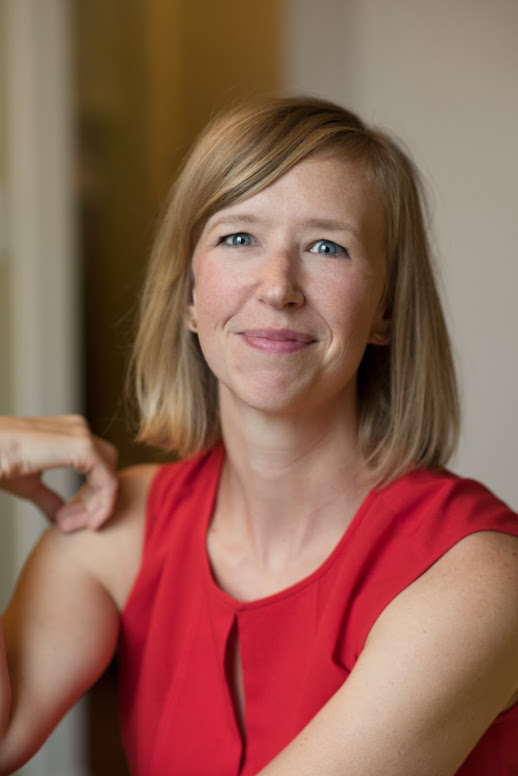All of this year’s Big Thinking events consider how the arts function as a platform to engage with scholarship in the humanities and social sciences. Organizers were inspired by three big questions: Who speaks for whom? Whose stories get told? And who gets left out?
Activist David Suzuki and filmmaker Ian Mauro came to Congress to screen their latest film, Beyond Climate. The film, which was made over the course of several years, focuses on the increasing impacts of climate change across British Columbia, what Suzuki and Mauro refer to as “a sentinel province” for the crisis. The filmmakers toured the province to find those on the front lines of climate change—cherry farmers, firefighters, local government officials, First Nations communities—to see how they are confronting what Suzuki calls “the existential issue of our time.”
Suzuki and Mauro told moderator Katherine Harrison that making the film was an iterative process without an agenda, focused on listening at “the level of the landscape.” Suzuki explained that he once believed he wouldn’t see the effects of climate change within his lifetime. But making this film only further confirmed that effects are already being felt across British Columbia, from scallop farmers in Qualicum Bay to firefighters in West Kelowna.
“There’s something undeniable about the observations of people in their homelands where they know the land so intimately,” said Mauro of the many Indigenous folks they interviewed. The filmmakers worked hard to find a balance between sounding the alarm on the urgency of climate activism and encouraging citizens to feel empowered and even hopeful about our capacity to prevent total ecological catastrophe.
“This is Canada’s moment,” Suzuki said, insisting that the most powerful thing Canadians can do for the climate is demand politicians make climate action the issue of their campaigns, particularly in the next federal election. He believes Canada is capable of setting high standards on climate policy for the rest of the world: “How can we expect anyone else to do the right thing if we aren’t fully engaged to do the right thing?”
For those looking for resources, Mauro suggested www.climateatlas.ca, a comprehensive website for individuals, communities, businesses, and governments. Suzuki criticized academics for their reluctance to get involved in climate activism. He encouraged them to get out of their comfort zones, arguing that institutions must use their status as thought leaders to support scientists and mobilize society to take action.
To see more, check out our photo album of the event on Facebook.
Mandy Len Catron is a writer and a faculty member in UBC’s Optional Residency MFA program in Creative Writing. Catron is the author of How to Fall in Love with Anyone: A Memoir in Essays. The book was listed for the 2018 RCB Taylor Prize and the Kobo Emerging Writer Award. Her writing can be found in The New York Times, The Guardian, The Rumpus, The Washington Post, and The Walrus as well as literary journals and anthologies. She teaches creative writing at the University of British Columbia.


